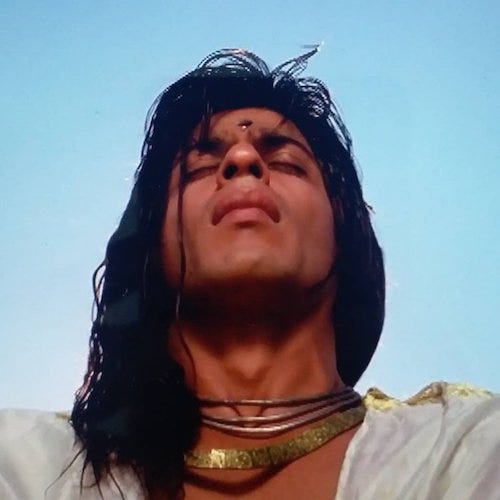
Dear friend,
You can listen to me read a version of this newsletter in the link above.
This month’s newsletter is an experiment with a new service provider, so I am sorry if it ends up in an undesirable folder of your inbox. Please add it to your whitelist so the mistake is not repeated. Although many journalists use this particular service because it makes it easy for subscribers to pay them, please be assured that this monthly self-promotional email will always remain free.
I wrote my last sports column for the Mumbai Mirror at the end of July. Starting this month, I will be writing a weekly books column for them. My first article last week was about Krupa Ge’s Rivers Remember, a book I wanted many people in Bombay to read.
For Vogue India’s July issue, I wrote a short article about the status of India’s surrogacy laws. It isn’t available online, but it did look ahead to this week’s parliamentary ratification of the ban on commercial surrogacy.
As part of the first anniversary celebrations at The Voice of Fashion, I contributed a small opinion about the deadening character of millennial wedding finery.
Last month, on a trip to Delhi, I read Amita Kanekar’s A Spoke In The Wheel, a novel about a Buddhist monk who is commissioned by Ashoka to write the life story of the Buddha. Among the cascading effects of reading this novel was a fugue-state interest in Ashoka himself. I read most of Romila Thapar’s Ashoka and the Decline of the Mauryas and re-read parts of Upinder Singh’s brilliant Political Violence in Ancient India. I swam face-down through Nayanjot Lahiri’s Ashoka biography, which my friend Sonal and I ingurgitated hurriedly a few years ago, when we had the pleasure of publishing excerpts from the book at The Caravan.
I read half of Charles Allen’s Ashoka: The Search for a Lost Emperor on the flight back to Bombay, but its central argument did not appeal to me. If you found the book on the ledge of a women’s toilet in Terminal 2, I hope you enjoy it more than I did. I even watched Asoka, Santosh Sivan’s 2001 movie starring Shah Rukh Khan. He bore the weight of seeming both revolting and appealing, evil and innocent, in a performance that simultaneously required nothing but posturing and pouting. Like all timeless Hindi movies, it was buffoonish and sublime.
The funny thing is that none of this, not even Lahiri’s book, which closely reads the artefacts of Ashoka’s reign, helps transform the coppery and hollow sound of his own voice. The rock edicts still make him sound stilted and institutional, a man too invested in getting his office to speak. But then I guess it doesn’t take many words to set the wheel of time turning.
“And for the following purpose has this rescript on morality been written, (viz,) in order that the sons (and) great-grandsons (who) may be (born) to me, should not think that a fresh conquest ought to be made; (that), if a conquest does please them, they should take pleasure in mercy and light punishments; and (that) they should regard the conquest by morality as the only (true) conquest.
This (conquest bears fruit) in this world (and) in the other world. And let all (their) pleasure be the pleasure in exertion.”
I will keep writing.
Supriya






Share this post